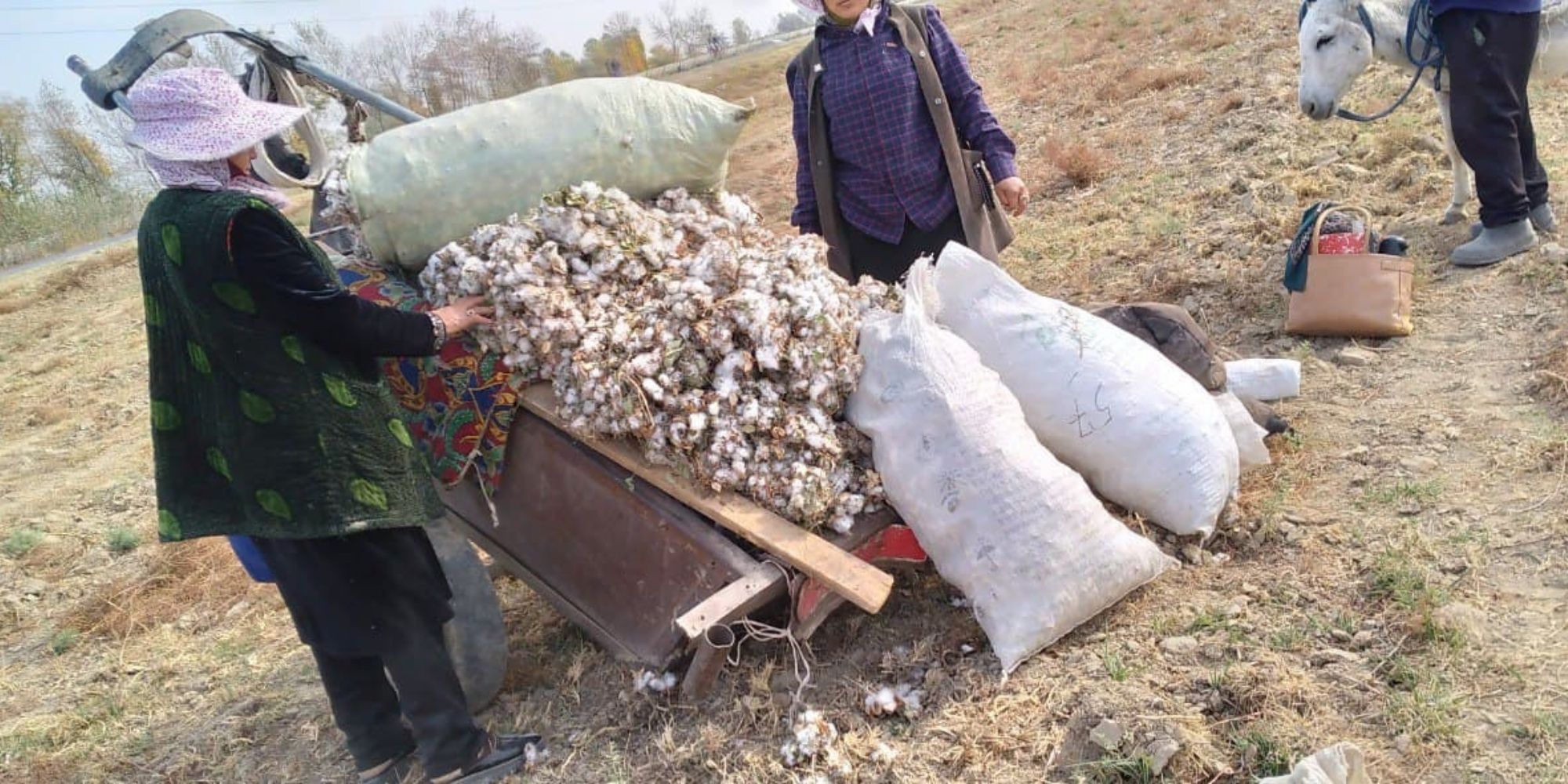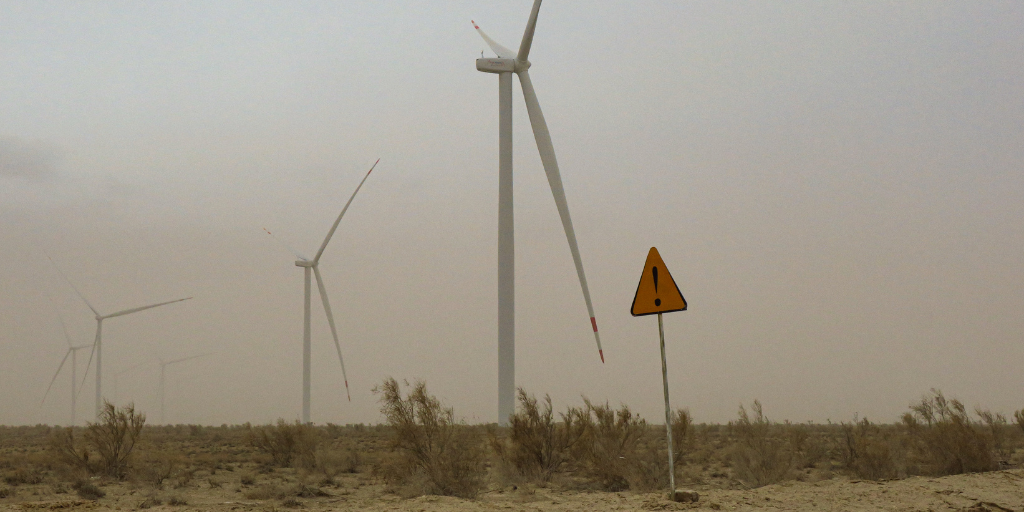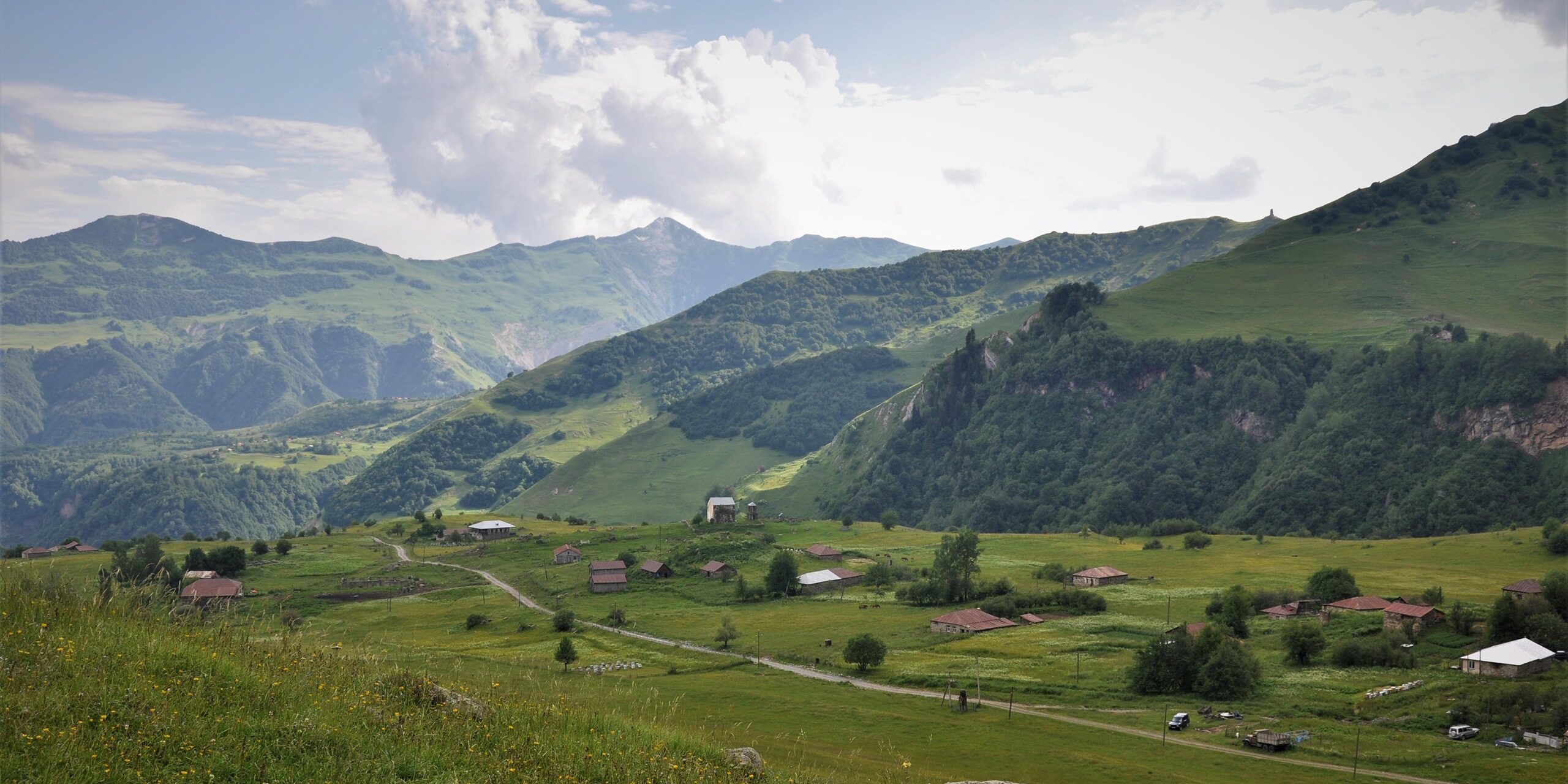Whether in Europe or beyond, public money must not become an auxiliary for human rights violations or the marginalisation of affected communities.
We expose cases where development banks fail to protect those impacted by their projects.
We advocate for participation and consultation processes that are not pro-forma exercises, but a tool to ensure people’s well-being.
We run a helpdesk where activists and communities can get advice on how to challenge controversial projects being considered for funding by development banks.
Close to frontline communities
We’re in direct contact with affected communities and provide updates from their struggles.
Image (c) Rosa Vroom
IN FOCUS
The Reconstruction of Ukraine
The scale of destruction caused by Russia’s aggression against Ukraine has been staggering. To repair the damage, joint efforts to coordinate donations and properly plan Ukraine’s reconstruction must start as soon as possible.
A successful reconstruction of Ukraine cannot happen without involvement of the Ukrainian people. That’s why we’re calling on international donors to ensure that the financial structures to help impacted communities are put in place and that civil society groups have a say in this process.
We believe that Ukraine and the international community have a unique opportunity to modernise the country while addressing people’s needs and long-term sustainability.
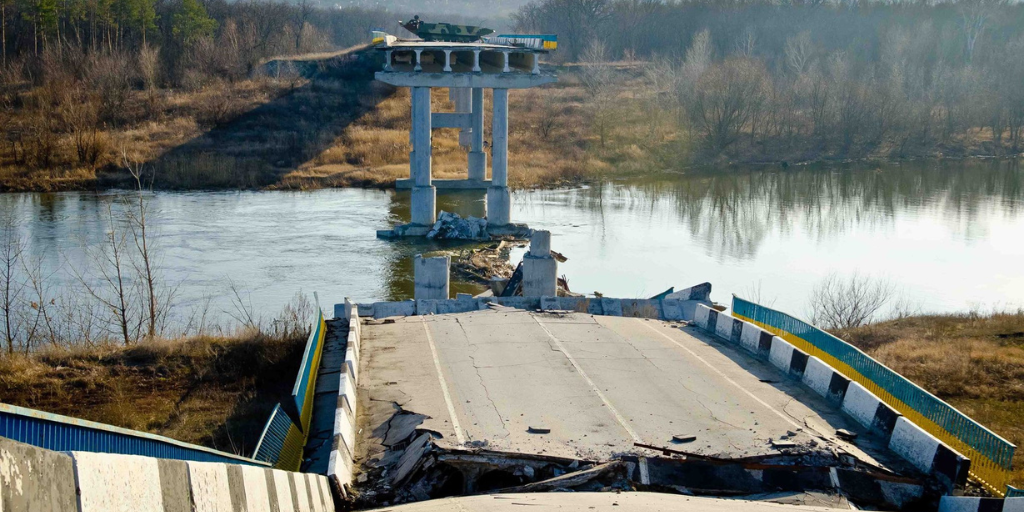
Amulsar gold mine, Armenia
The controversial Amulsar gold mine near the touristic spa town of Jermuk was supported by the EBRD equity investments, but blocked by locals after the velvet revolution in 2018. In spite of a number of legal threats and intimidation by the company, the blockade continued till the eruption of military conflict overNagorno Karabakh (Artsakh) at the end of 2020.
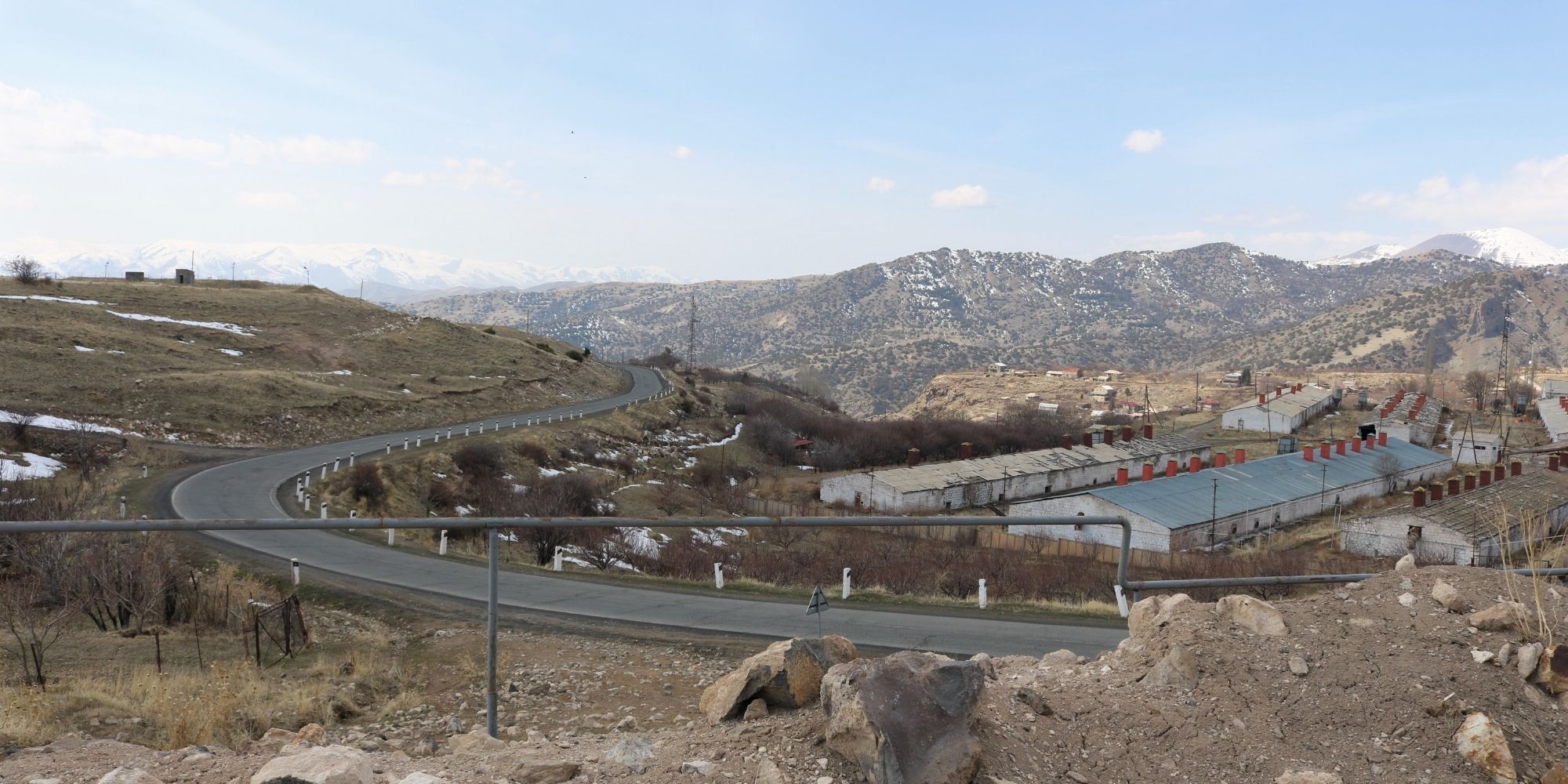
Myronivsky Hliboproduct (MHP), Ukraine
The leading Ukrainian agribusiness giant has been enjoying generous support in public funds and national subsidies. With over half a billion euros from the EBRD, EIB and the IFC, Myronivsky Hliboproduct PJSC (MHP) has grown into a near monopolist in poultry production. While MHP’s vertically integrated model has contributed to its status as a leading Ukrainian agribusiness, the scale and nature of its business have also contributed to mounting concerns about its social and environmental impacts. These concerns are compounded by patterns of poor community consultation and a lack of information provided about MHP’s operations, leaving project-affected people guessing about the true impacts of its operations.
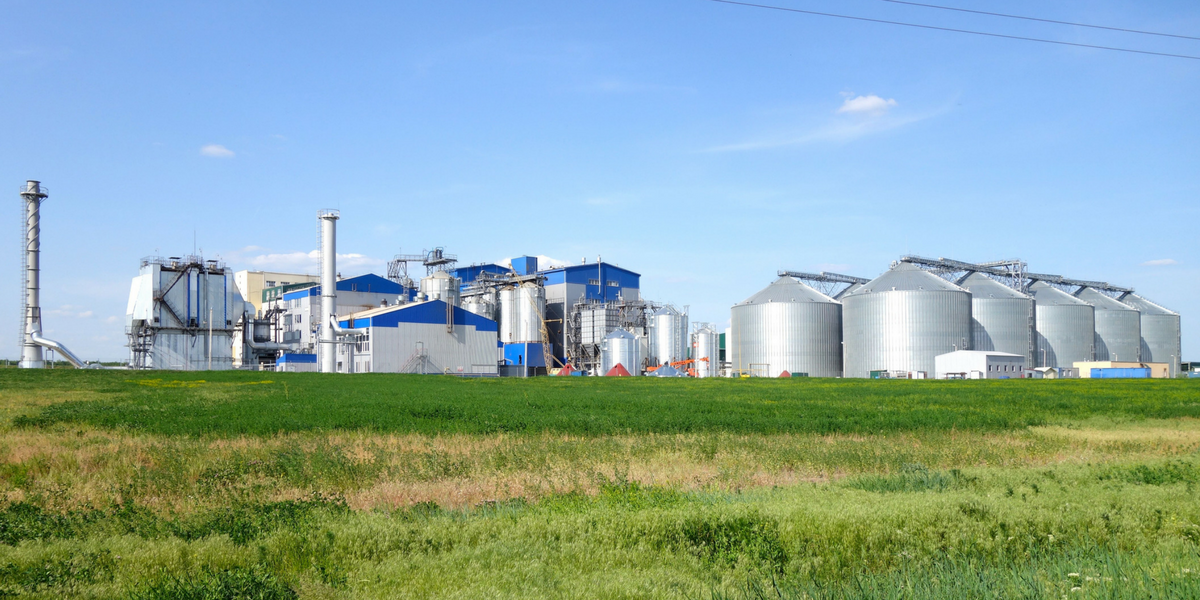
Corridor Vc motorway, Bosnia and Herzegovina
The Bosnian section of the international Corridor Vc is planned to run for 330 km through Bosnia and Herzegovina. Concerns about environmental impacts and threats to cultural heritage were raised by local people and cultural figures. The public discussions about the project have led to a series of scandals and a deadlock of the motorway’s development.
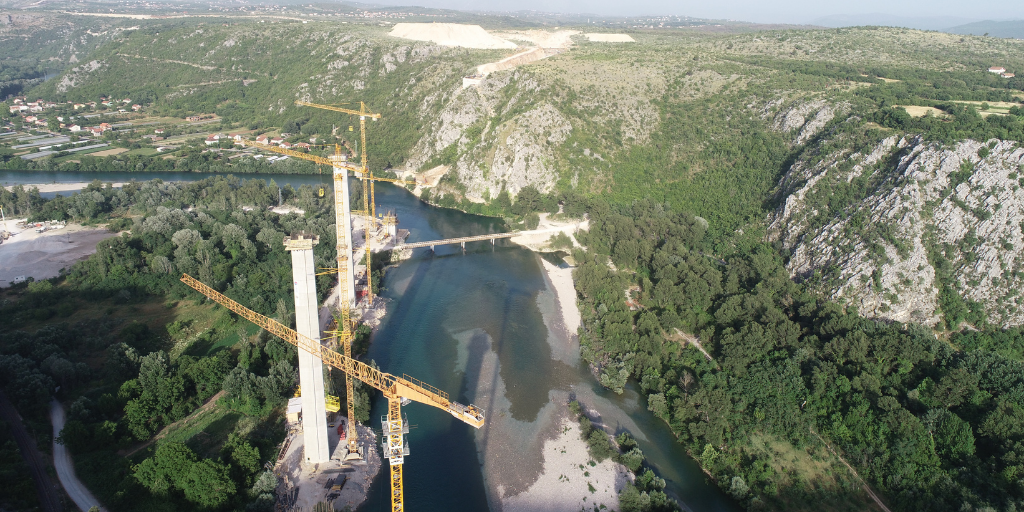
More of our projects
Indorama Agro: Uzbekistan’s infamous cotton producer
Despite being Uzbekistan’s largest cotton producer and receiving millions in development loans from the European Bank for Reconstruction and Development (EBRD), the Asian Development Bank (ADB) and the International Finance Corporation (IFC) – institutions that promote modernisation and corporate responsibility – Indorama Agro faces multiple complaints of worker mistreatment and retaliation.
Zarafshan, Bash and Dzhankeldy wind projects, Uzbekistan
The first large wind projects in the Central Asian country are being built in biodiversity hotspots and hinder the declaration of protected areas. The IFC, EBRD and ADB need to ensure that some of the most problematic turbines are moved away.
The Khada Valley, Georgia
The Khada Valley in Georgia brings together exceptional biodiversity, precious cultural and archeological heritage, and mountainous villages which have preserved rich traditions and historical lifestyles. But all of this might vanish if a 23-kilometer road from Georgia to Russia – the Kvesheti-Kobi project – is built.
Latest news
Dam Spill Threats at a Gold Mine in Kyrgyzstan
Bankwatch in the media | 17 February, 2015In light of the Mount Polley tailings dam spill in British Columbia, Canada, environmental activists in Kyrgyzstan are ringing alarm bells over a possible scenario of a similar outburst at Petrov Lake near the Kumtor gold mine project. At Mount Polley, the tailings dam at a copper and gold mine burst in August last year, spilling 25 million cubic meters of toxic waste into nearby lakes. The British Columbia provincial government appointed a commission to probe into the disaster.
Read moreEIB Climate Action undermined by bank’s fossil fuel lending
Press release | 11 February, 2015Brussels — Ahead of a public consultation on the European Investment Bank’s Climate Action Programme tomorrow in Brussels, Bankwatch insists that, if the bank’s pro-climate efforts are to be effective, the EIB must give up its loans to fossil fuels and other climate-damaging sectors.
Read moreNatural gas left, right and centre at Energy Union conference in Riga
Blog entry | 11 February, 2015Massive infrastructure for transporting natural gas is shaping up to be a centre piece of the Energy Union put forward by the Juncker Commission. This was also the impression Bankwatch campaigners had at an Energy Union conference in Riga last week.
Read moreRelated publications
The World Bank’s role in inclusive and sustainable local recovery for Ukraine
Issue paper | 18 October, 2024 | Download PDFThis publication examines Ukraine’s recovery process, focusing on the World Bank’s SURGE programme and its impact on local development.
The impact of ‘foreign agent law’ on civic space and the enabling environment for sustainable development in Georgia
Briefing | 18 October, 2024 | Download PDFThis briefing outlines the current political situation in Georgia, detailing the government’s authoritarian shift and its implications for governance, economic stability, and sustainable development.
Briefing for the Board of Directors and Management Committee of the European Investment Bank
Briefing | 16 October, 2024 | Download PDFCompared to other multilateral development banks like the World Bank and the Asian Development Bank, the EIB lags significantly in the timely and proactive disclosure of project-related data.
